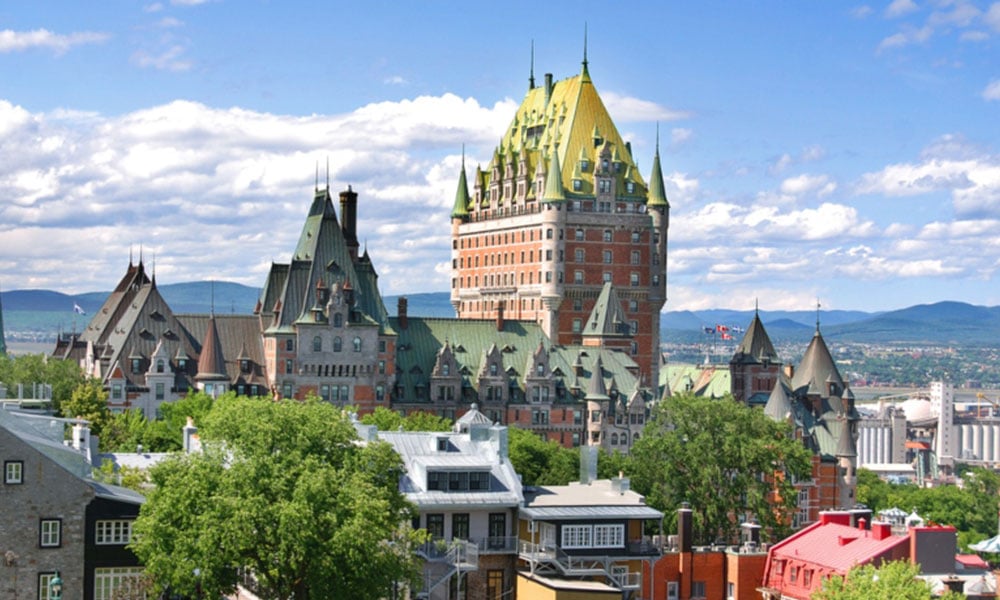Unemployment rate stands at 5.6 per cent

Canada created 30,300 new jobs in February, bringing the employment total for the previous 12 months up to 245,000 (up 1.3 per cent), according to Statistics Canada’s Labour Force Survey.
The gains were the result of the 252,000 (up 1.6 per cent) new full-time jobs created in the past year, says StatCan. Overall, the country had a 5.6 per cent unemployment rate.
Employment in wholesale and retail trade rose by 22,600 in February, contributing to year-over-year gains of 57,000 (up two per cent), while manufacturing created 16,000 jobs last month, its second consecutive month of job increase. Jobs in information, culture and recreation, employment also grew by 14,400, bringing the number to a level similar to that of 12 months earlier.
Business, building and other support services (up 7,300); finance, insurance, real estate, rental and leasing (up 4,100); utilities (up 2,400); health care and social assistance (up 2,200); transportation and warehousing (up 900) also saw increases.
But there were job losses in professional, scientific and technical services (15,000) and accommodation, food services (13,000), manufacturing (7,900), educational services (4,700), natural resources (3,400), public administration (1,800) and agriculture (1,500), found the government.
Provincial breakdown
Quebec created 20,000 new jobs in February, the highest in the country, followed by Alberta (11,400), Nova Scotia (3,700), Manitoba (3,200), Newfoundland and Labrador (700), Saskatchewan (500), Prince Edward Island (300), New Brunswick (100), Northwest Territories (100) and Nunavut (100).
Meanwhile, British Columbia (down 6,500), Ontario ( down 3,000) and Yukon (down 100) recorded job losses.
Nunavut (13.1 per cent), Newfoundland and Labrador (12 per cent), Northwest Territories (8.8 per cent), P.E.I. (eight per cent), Nova Scotia (7.8 per cent), Alberta (7.2 per cent), New Brunswick (6.9 per cent) and Saskatchewan (6.2 per cent) recorded unemployment rates above the country rate.
Yukon (4.1 per cent), Quebec (4.5 per cent), Manitoba (five per cent), British Columbia (five per cent) and Ontario (5.5 per cent) had unemployment rates below the country level. Quebec’s unemployment rate is also its lowest in recorded history.
The economy gained 35,000 new full-time jobs in January as the unemployment rate fell by 0.1 per cent, according to StatCan. Canadian entrepreneurs are looking to invest more in hiring new talent and in training employees in the first quarter of 2020, according to a report from the Business Development Bank of Canada (BDC).




